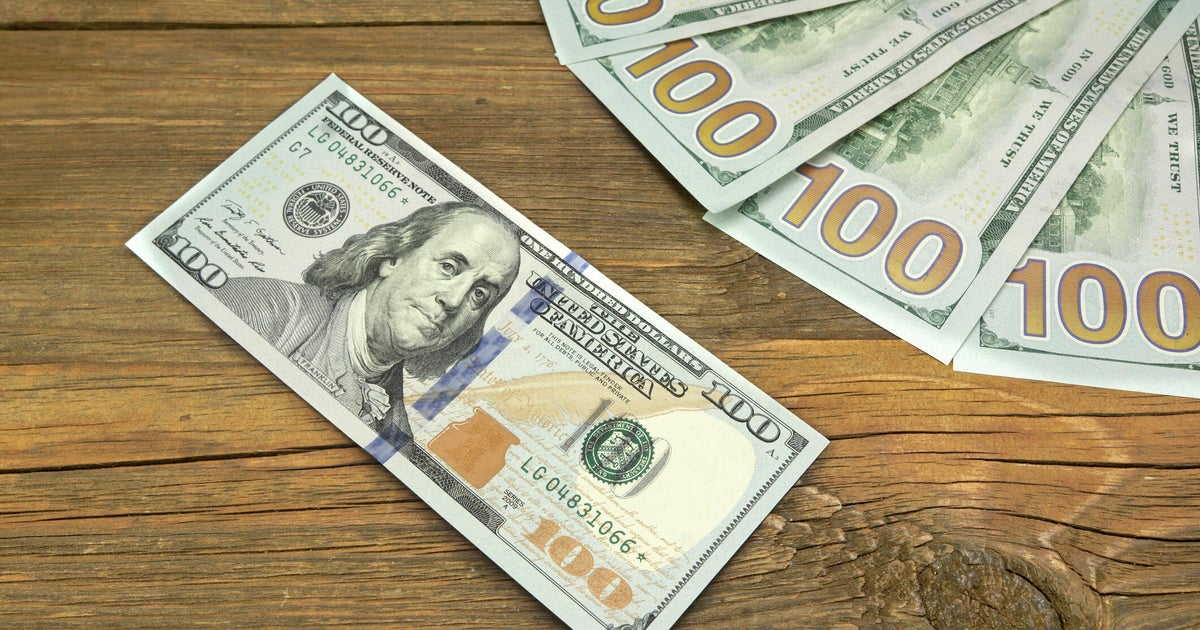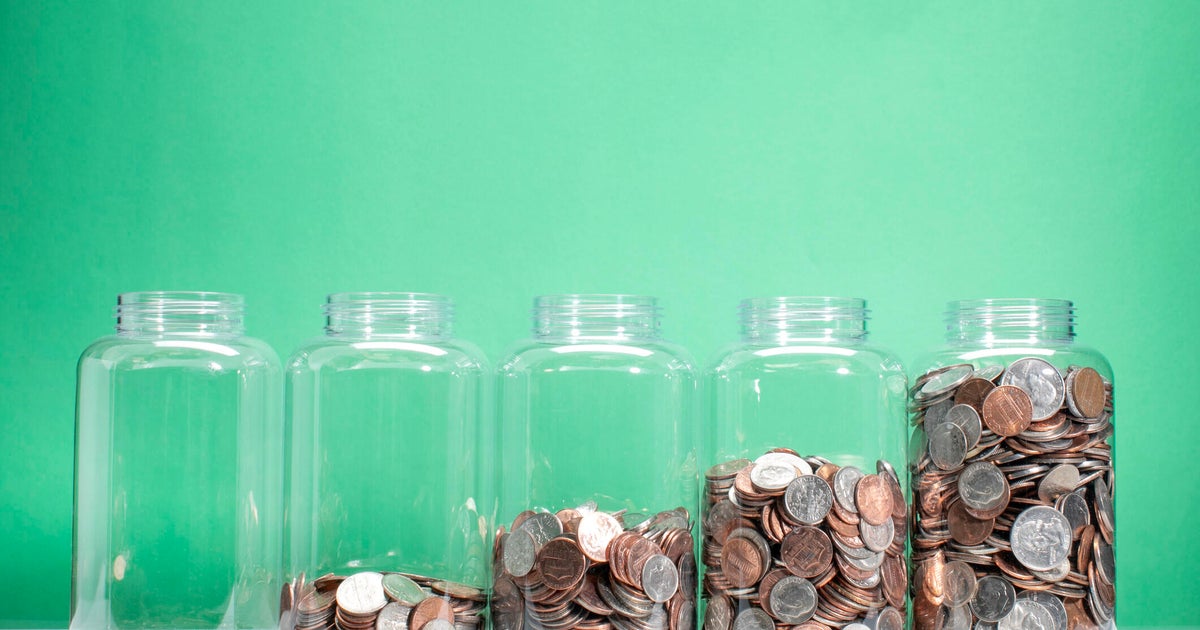5 low-risk ways to earn 5% or more on your money this spring, according to experts
Due to high inflation, the Federal Reserve quickly started raising interest rates in 2022 and has kept them at elevated levels recently. By making it more expensive to borrow money, the Fed hopes to cool the economy enough to bring inflation down to a more tolerable level.
Yet high borrowing costs have also coincided with high interest rates for savers and investors. While many predict that the Fed will start cutting rates at some point in 2024, there are still currently many opportunities to earn attractive returns. If you want to earn a 5% annual percentage yield (APY) or more this spring, there are multiple areas experts recommend exploring.
5 low-risk ways to earn 5% or more on your money this spring
Here are five effective - and safe - ways to earn 5% or higher on your money this season.
Certificates of deposit (CDs)
With CDs, you can gain the certainty of earning a fixed interest rate without risking losing your principal, up to applicable FDIC or NCUA insurance limits, assuming you don't need to withdraw the funds early. You can find many CDs paying 5% or higher right now, but in general, short-term CD rates are higher than those for long-term CDs, given the expectation that interest rates will start to fall soon.
"For a relatively low-risk option for money you don't need quickly for everyday spending, locking in rates on CDs with appropriate maturities as part of cash investment allocation in portfolios or investment cash management plan could make sense now," says Rob Williams, managing director of financial planning at Charles Schwab.
Explore your CD account options here now.
High-yield savings accounts
Another place you could park money and earn 5% or more, without risking your principal within applicable insurance limits, is a high-yield savings account. High-yield savings accounts can also let you move money in and out of your account more freely than CDs do.
"The high-yield savings account offers more liquidity. CDs typically make you surrender part of your interest if you need the money before maturity," says Kevin M. Curley, II, CFP, wealth advisor at Global Wealth Advisors. However, "there is more reinvestment risk with a high-yield savings account because the interest rate changes."
That said, fluctuating interest rates aren't always a negative for high-yield savings accounts. "If rates continue to rise, a high-yield savings account should increase its monthly interest rate. A CD will not increase its interest rate during your term," adds Curley.
See how much more you could be earning with a high-yield savings account here.
Money market accounts
Money market accounts are similar to high-yield savings accounts, although the exact rates, deposit requirements and access to funds can differ a bit, so it's important to compare the terms with your preferred financial institution.
Compared to CDs, both high-yield savings accounts and money market accounts can be useful "if you would prefer to have daily access to liquidity," says James R. Jewett, SVP, chief investment officer and corporate secretary at Ridgewood Savings Bank.
Money market accounts can also be federally insured like high-yield savings accounts, he notes, though they suffer from the same risk of fluctuating interest rates.
Money market funds
Not to be confused with money market accounts, which are deposit accounts, a money market fund is an investment account that can also provide a relatively low-risk way to earn 5% or more. Money market funds typically have a stable value and invest in relatively safe fixed-income assets, such as government bonds, though the specifics depend on the money market fund.
"There are several money market funds available that compete with CD rates but don't have the time commitment that CDs do. These money market funds are available to the retail investor through their trading platform or through their financial advisor. These money market funds can be liquidated any day the markets are open if the funds are needed," says Gary Watts, VP, financial advisor at Wealth Enhancement Group.
Treasuries
Lastly, Treasury securities, such as Treasury Bills and Treasury Bonds, can provide slightly higher returns than CDs and are generally considered to be safe investments, as they're backed by the federal government. For example, "the 10-year US Treasury is considered the risk-free rate of return," says Curley.
But while you can earn 5% or more if you hold Treasuries to maturity, they don't have a stable value along the way that some of these other options do. "Investors who purchase Treasury securities directly should pay close attention to the risk of rising interest rates, as it is possible to lose money on a Treasury Bill if it is sold prior to maturity," says Alexander Davis, CFP, financial advisor, Carroll Advisory Group.
The bottom line
Overall, there are several ways to earn a 5% APY or more on your funds this spring, and even if interest rates fall a bit, there are some ways to lock in your returns, such as with CDs or Treasuries held to maturity. That said, if you're willing to take on a bit more risk, you might find even better returns elsewhere, such as with equities. "The stock market has been performing well recently, and with the possibility of interest rate cuts by the Federal Reserve, this equity market momentum may continue," says Jewett.
But if you don't want to put your principal at risk, these other options can still enable you to grow your money faster than inflation. Learn more about your high-yield savings account options here now.




